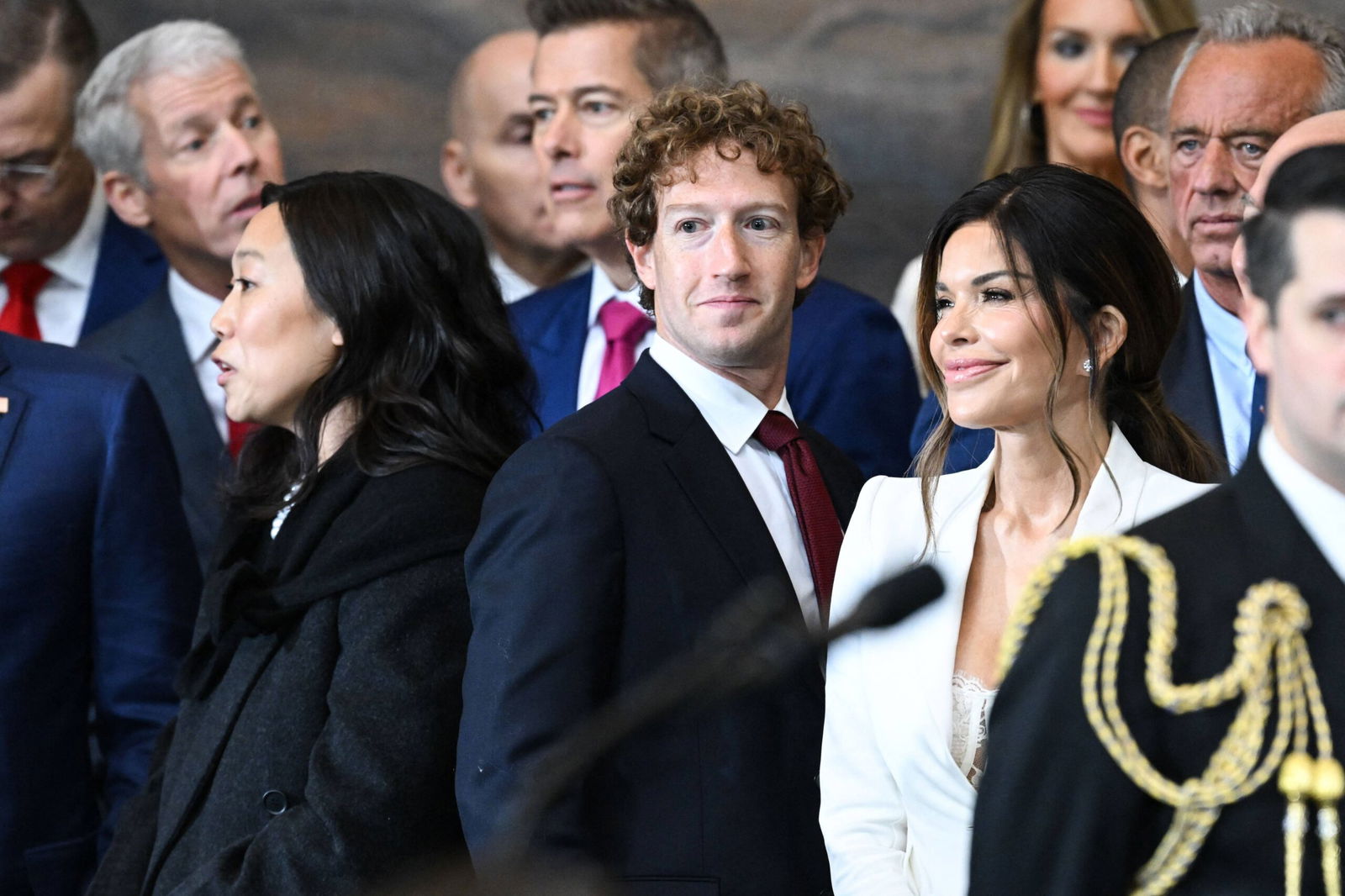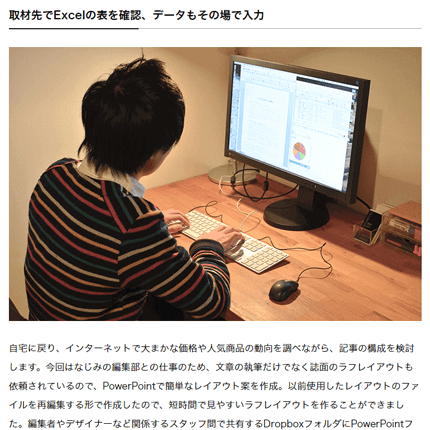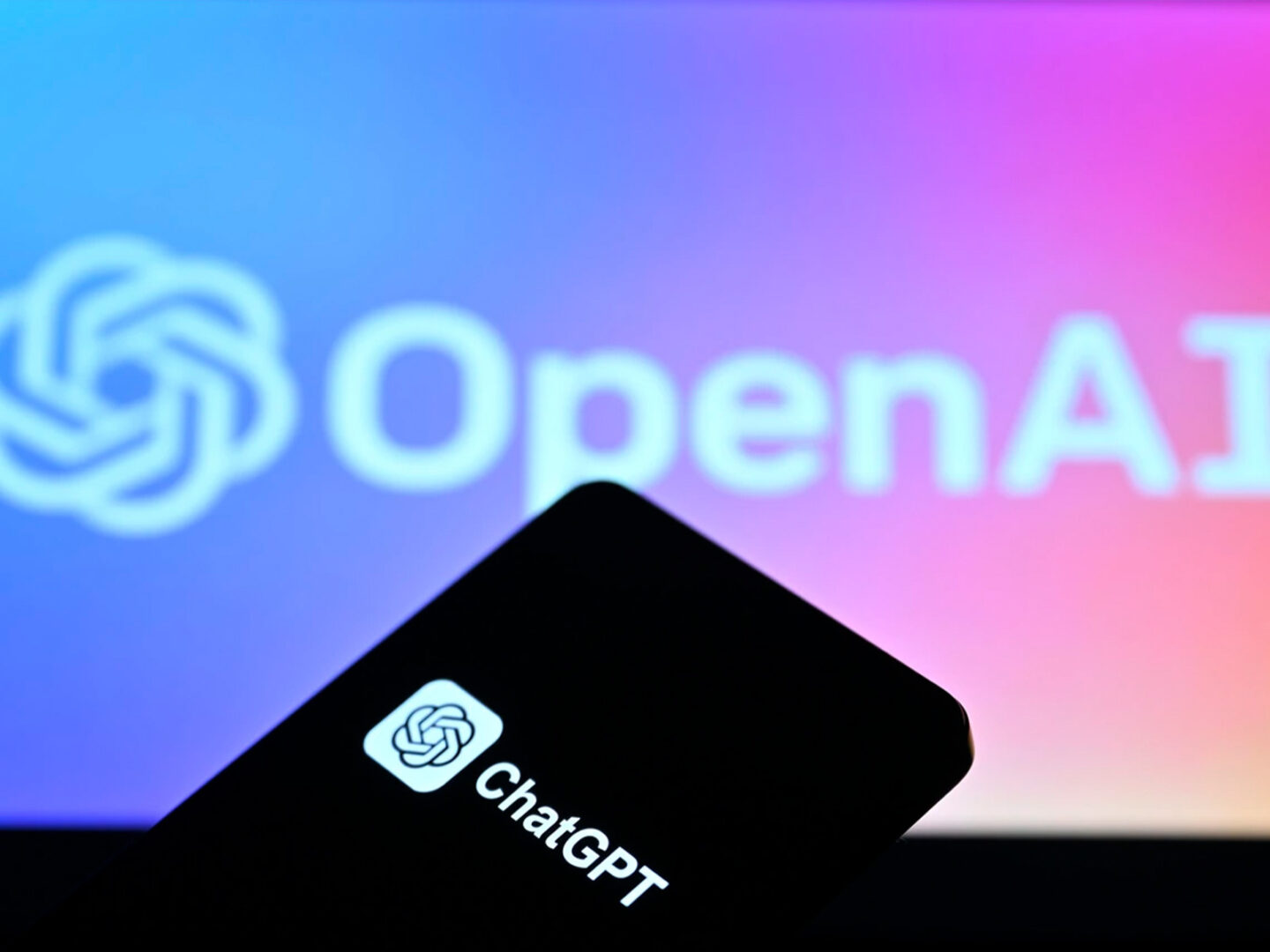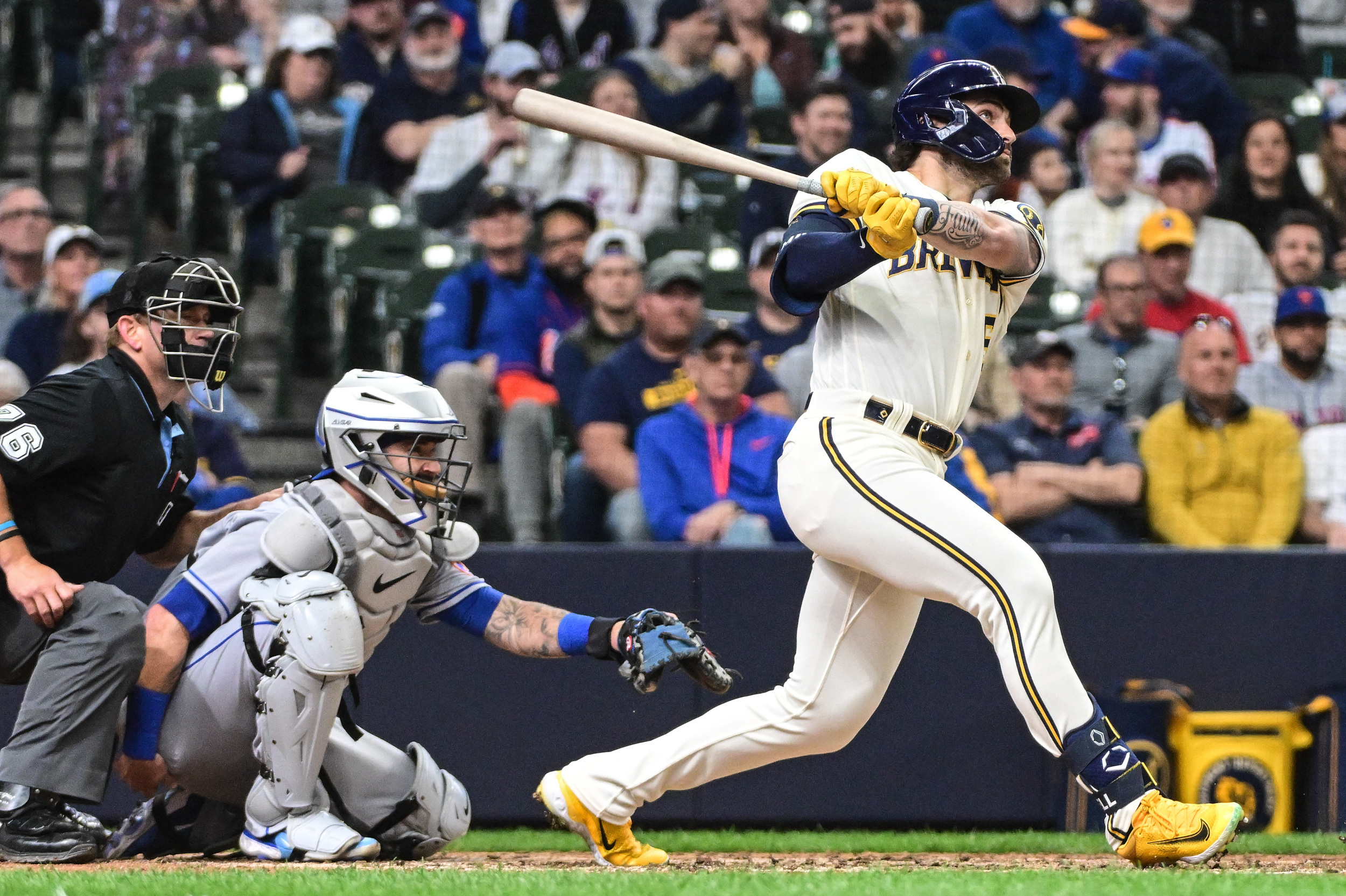The Zuckerberg-Trump Dynamic: Implications For Tech And Politics

Table of Contents
Facebook's Role in the Trump Presidency and Political Campaigns
Facebook, under Zuckerberg's leadership, became a powerful tool during Trump's presidential campaigns. Its impact can be understood through three key lenses: targeted advertising, the spread of misinformation, and the amplification of political polarization.
The Rise of Targeted Political Advertising
Facebook's targeted advertising platform allowed the Trump campaign to micro-target specific demographics with tailored messages.
- Examples of successful targeted ad campaigns: The Trump campaign effectively used Facebook to reach specific voters based on their age, location, interests, and online behavior. This allowed for highly personalized messaging, maximizing campaign reach and impact.
- Reach and effectiveness: The platform's vast user base provided unparalleled reach, enabling the campaign to bypass traditional media channels and directly engage potential voters.
- Cost-effectiveness compared to traditional methods: Digital advertising on Facebook proved significantly more cost-effective than traditional television or print advertising, allowing for greater budget flexibility.
- Lack of transparency and potential for misuse: The lack of transparency surrounding these targeted ads raised serious concerns about the potential for manipulation and the spread of misleading information.
The Spread of Misinformation and Disinformation
Facebook’s algorithms inadvertently facilitated the spread of fake news and misinformation during the 2016 election and beyond.
- Examples of viral fake news: Numerous fabricated stories went viral on Facebook, influencing public opinion and potentially swaying election results.
- Algorithms’ contribution to the problem: Facebook's algorithms, designed to maximize user engagement, often prioritized sensational and emotionally charged content, regardless of its veracity. This inadvertently amplified the reach of misinformation.
- Facebook's response (or lack thereof) to criticism: Facebook faced considerable criticism for its slow response to the problem of misinformation, leading to calls for greater accountability and stricter content moderation policies.
- Impact on public opinion and democratic processes: The spread of misinformation eroded public trust and damaged the integrity of democratic processes.
Engagement and Polarization
Facebook's algorithms contributed to increased political polarization by creating echo chambers.
- The effect of newsfeed algorithms on user exposure to diverse viewpoints: Algorithms often prioritized content aligning with users' existing beliefs, limiting exposure to diverse perspectives and reinforcing pre-existing biases.
- The role of engagement metrics in shaping content distribution: The prioritization of engagement metrics (likes, shares, comments) incentivized the creation and dissemination of divisive content, further exacerbating political polarization.
- Societal implications of increased political division: The heightened polarization fueled social unrest and hampered constructive political dialogue.
The Zuckerberg-Trump Confrontation and Subsequent Regulatory Scrutiny
The Zuckerberg-Trump dynamic intensified scrutiny of Facebook and social media platforms.
Public Hearings and Congressional Testimony
Zuckerberg's appearances before Congress highlighted the controversy surrounding Facebook's role in political events.
- Key questions posed: Lawmakers questioned Zuckerberg on Facebook's data privacy practices, its role in the spread of misinformation, and its responsibility for protecting the integrity of elections.
- Zuckerberg's responses: Zuckerberg's responses often faced criticism for being insufficient or evasive, fueling public dissatisfaction and calls for greater regulation.
- Public perception of his testimony: The hearings significantly impacted public perception of Facebook and Zuckerberg, raising questions about the company's power and accountability.
- Resulting regulatory pressure: The testimony spurred increased calls for stricter regulation of social media platforms.
Increased Regulatory Pressure on Social Media Platforms
The Zuckerberg-Trump dynamic accelerated the global movement for stricter social media regulation.
- Examples of proposed legislation: Numerous bills were introduced in various countries aimed at increasing transparency in political advertising, combating misinformation, and holding social media companies accountable for their content.
- International efforts to regulate online content: International collaboration became increasingly necessary to address the global challenges posed by the spread of misinformation and harmful content online.
- The debate around free speech vs. regulation: A key debate emerged around balancing free speech principles with the need to regulate harmful content and protect democratic processes.
Facebook's evolving policies regarding political advertising and content moderation
Facebook has implemented several policy changes in response to the criticism.
- Specific policy changes: These changes included increased transparency requirements for political advertising, improved fact-checking initiatives, and efforts to remove harmful content.
- Their impact: The effectiveness of these changes remains a subject of ongoing debate, with critics arguing that they are insufficient to fully address the challenges.
- Ongoing challenges and limitations: The rapid evolution of online platforms and tactics necessitates constant adaptation and improvement of regulatory frameworks and company policies.
Long-Term Implications for Tech and Politics
The Zuckerberg-Trump dynamic has profoundly reshaped the relationship between technology and politics.
The Future of Political Advertising and Campaigning
The future of political campaigns will be significantly influenced by the lessons learned from this interaction.
- Shift towards digital advertising: Political campaigns will increasingly rely on digital advertising platforms, necessitating greater transparency and accountability measures.
- The need for greater transparency and accountability: Regulations aimed at enhancing transparency in political advertising are crucial to prevent manipulation and ensure fair elections.
- The role of data privacy: Protecting user data and preventing the misuse of personal information for political purposes remains a critical concern.
The evolving relationship between technology companies and government
The power dynamics between tech giants and governments are undergoing a significant shift.
- Potential for increased governmental oversight: Governments are increasingly seeking greater control over the activities of powerful technology companies.
- The debate surrounding censorship and freedom of expression: The ongoing debate centers on how to regulate harmful online content without compromising freedom of expression.
- The challenges of regulating rapidly evolving technology: The rapid pace of technological change poses significant challenges for regulators, necessitating agile and adaptable frameworks.
Impact on public trust in social media and institutions
The Zuckerberg-Trump dynamic has significantly eroded public trust in social media and democratic institutions.
- Erosion of trust: The spread of misinformation and the perceived lack of accountability of social media companies have undermined public trust.
- The role of misinformation in undermining faith in institutions: The deliberate spread of false narratives has damaged the credibility of both social media platforms and democratic institutions.
- Strategies for rebuilding trust: Rebuilding trust requires a multi-faceted approach, including increased transparency, improved content moderation, and stronger regulatory frameworks.
Conclusion: Understanding the Lasting Impact of the Zuckerberg-Trump Dynamic
The Zuckerberg-Trump dynamic represents a watershed moment in the relationship between technology and politics. The analysis reveals the profound impact of social media platforms on political campaigns, the spread of misinformation, and the erosion of public trust. Understanding the complex interplay between these factors is crucial for safeguarding democratic processes in the digital age. The lasting implications of this relationship will continue to shape the future of tech and politics, necessitating ongoing vigilance and proactive measures to address the challenges presented. We urge readers to stay informed about ongoing developments in the Zuckerberg-Trump dynamic and its implications by exploring further resources and engaging in informed discussions on social media regulation and the responsible use of political advertising.

Featured Posts
-
 Mlb Umps Under Fire Detroit Tigers Protest Controversial Plate Call
Apr 23, 2025
Mlb Umps Under Fire Detroit Tigers Protest Controversial Plate Call
Apr 23, 2025 -
 Millions Stolen Inside The Office 365 Hack Targeting Executive Inboxes
Apr 23, 2025
Millions Stolen Inside The Office 365 Hack Targeting Executive Inboxes
Apr 23, 2025 -
 Yankees Winning Strategy Analysis Of Opening Day Triumph Over Brewers
Apr 23, 2025
Yankees Winning Strategy Analysis Of Opening Day Triumph Over Brewers
Apr 23, 2025 -
 Ftc Investigates Open Ais Chat Gpt What This Means For Ai Development
Apr 23, 2025
Ftc Investigates Open Ais Chat Gpt What This Means For Ai Development
Apr 23, 2025 -
 Walk Off Bunt Gives Brewers Win Over Royals In 11 Innings
Apr 23, 2025
Walk Off Bunt Gives Brewers Win Over Royals In 11 Innings
Apr 23, 2025
